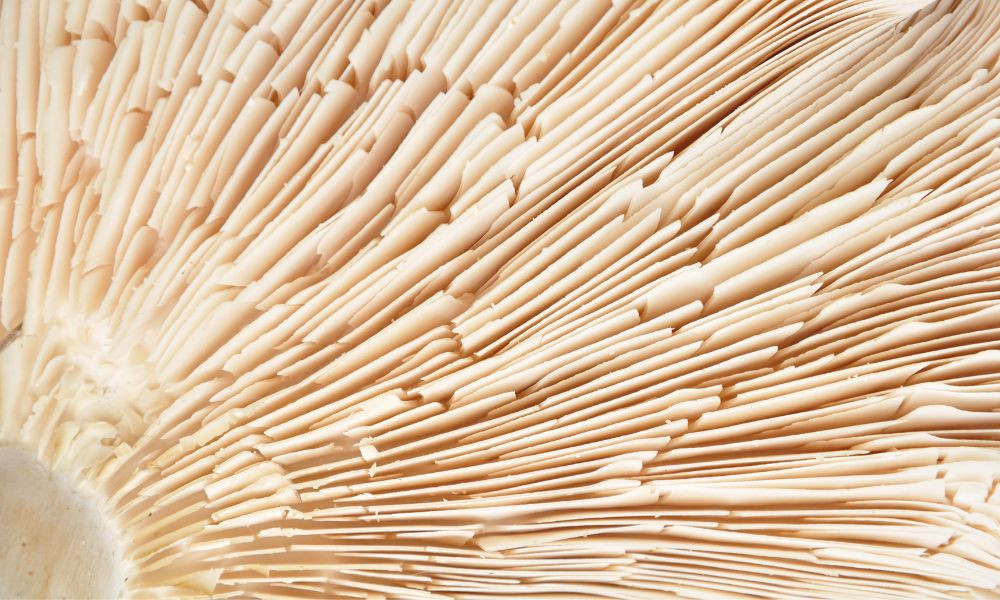The Importance of Quality Control in Mushroom Spore Research
Posted by admin on Dec 5th 2023

Mushroom spores, the microscopic particles responsible for the reproduction of fungi, hold a world of possibilities within their minuscule dimensions. These spores are the focus of extensive research due to their potential applications in various sectors, from healthcare to agriculture.
However, to harness the full potential of mushroom spores, researchers must understand the importance of quality control in mushroom spore research. This crucial process ensures the validity and reliability of research outcomes, directly influencing the success of any scientific endeavor.
Ensuring the Validity of Research Results
When researchers conduct experiments with mushroom spores, they seek to draw meaningful conclusions that contribute to our understanding of these organisms. Adequate quality control ensures the legitimacy and accuracy of those research results. Without proper quality control, researchers risk contaminating or misidentifying those spore samples, which could lead to erroneous findings.
Facilitating Reproducibility of Experiments
One of the cornerstones of scientific research is the ability to reproduce experimental results. By maintaining stringent controls over the quality of spore samples, researchers enable their colleagues to replicate those experiments accurately. This attention to detail validates the original findings and opens up possibilities for further exploration and discovery.
Good To Know
The spore and liquid culture products available in our mushroom spore store are fully sterile and specifically intended for research and identification.
Promoting Ethical Scientific Practices
Researchers have a duty to their field to make sure their work is conducted in a way that respects the integrity of the scientific process. They must pay close attention to the quality of their spore samples and accurately report their methods and findings. Adherence to these principles through rigorous quality control fosters trust within the scientific community and the public.
Supporting Practical Applications
From the development of new medicines to the enhancement of agricultural practices, mushroom spores hold incredible potential. Quality control is essential in translating research findings into real-world applications. By paying attention to the quality of their spore samples, scientists can provide a solid foundation for the development of new technologies and solutions.
In the intricate dance of scientific exploration, mushroom spores take center stage as they perform their roles with a complexity and diversity that captivates researchers. These minute particles demand respect, diligence, and close attention, and the importance of quality control in mushroom spore research cannot be overstated. Not only is it a procedural necessity, it’s a commitment to honoring the integrity of these extraordinary organisms.

